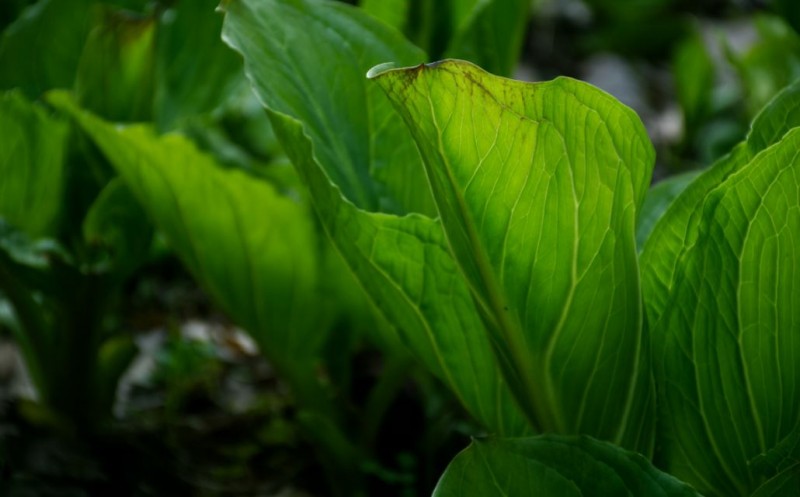Gardening enthusiasts know that nurturing plants to flourish requires dedication, but the battle against plant diseases can be a challenging obstacle. From fungi to bacteria, these ailments can hinder your garden's growth. However, armed with knowledge and a proactive approach, you can combat these common plant diseases effectively.
Identifying the Culprits
- Fungal Infections: Damp and humid conditions often lead to fungal diseases like powdery mildew and rust.
- Bacterial Blights: Bacteria thrive in moist environments and cause issues like leaf spots and wilting.
- Viral Diseases: Spread by pests, viruses can cause mosaic patterns and stunted growth.
- Nematode Troubles: Microscopic nematodes can damage roots, affecting nutrient uptake.
Prevention Is Key
- Healthy Soil: Start with well-draining soil and proper spacing to prevent crowding.
- Right Plant Selection: Opt for disease-resistant plant varieties suitable for your region.
- Sanitation Measures: Regularly remove dead or infected plant parts to prevent disease spread.
- Proper Watering: Water at the base of plants early in the day to avoid wet foliage.
- Good Air Circulation: Prune and space plants to encourage airflow and reduce humidity.
Natural Remedies
- Neem Oil: Effective against fungal and insect problems, neem oil is a natural solution.
- Garlic Spray: Garlic's antimicrobial properties can help ward off diseases.
- Baking Soda Solution: A mild solution can prevent fungal growth on leaves.
- Copper-Based Sprays: Copper sprays control a range of fungal and bacterial diseases.
Chemical Approaches
- Fungicides: Systemic and contact fungicides can combat various fungal diseases.
- Bactericides: These are effective against bacterial infections but should be used sparingly.
- Insecticides: Controlling insect vectors helps prevent viral disease transmission.
Integrated Pest Management (IPM)
- Beneficial Insects: Introduce predators like ladybugs to control pest populations.
- Crop Rotation: Switch plant families yearly to disrupt disease cycles.
- Trap Crops: Distract pests with sacrificial plants, protecting your main crops.
In your quest for a thriving garden, being equipped to recognize and combat plant diseases is paramount. By adopting preventative measures, natural remedies, and strategic chemical interventions, you can maintain the health and vitality of your green space. Remember, a well-kept garden not only provides beauty but also offers a sense of accomplishment and tranquility.
Factors Affecting Waterborne Disease Risk in the Rainy Season
The Vicious Cycle: How Stress Impacts Your Sleep
Ladies, Discover the Wonders of Ashwagandha for Your Well-Being
